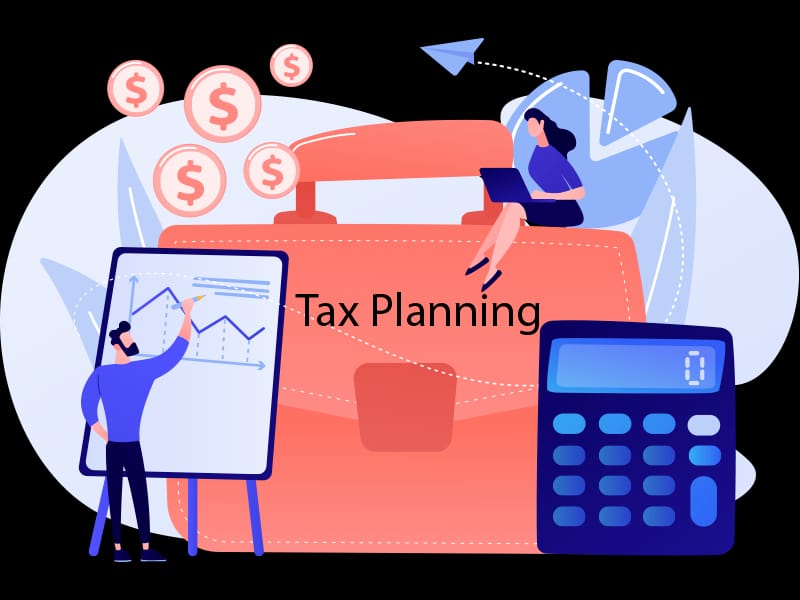Income tax planning
- utilize deductions & exemptions use sections like 80c, 80d, hra, and lta to legally reduce taxable income.
- choose the right tax regime compare old vs. new regime to select the one that gives you maximum savings.
- invest smartly invest in tax-saving instruments like ppf, elss, nps, or life insurance for both returns and deductions.


